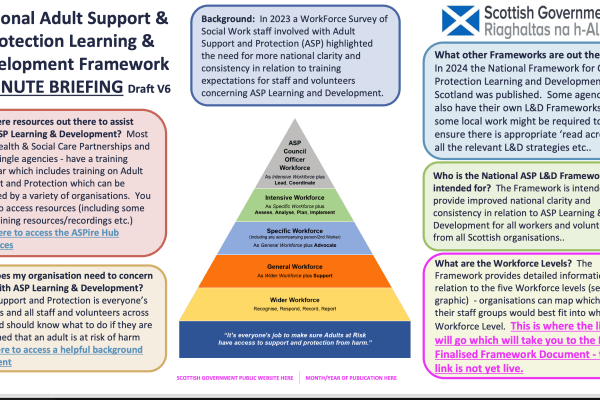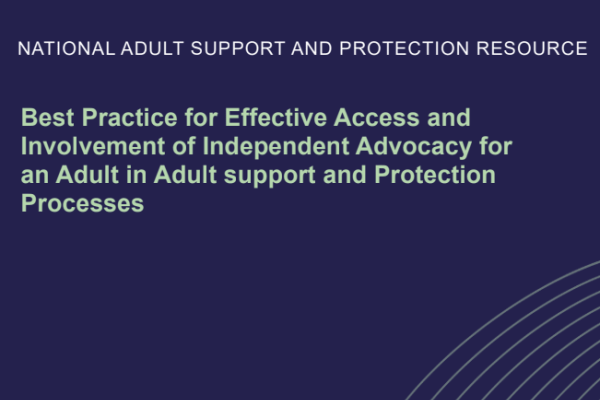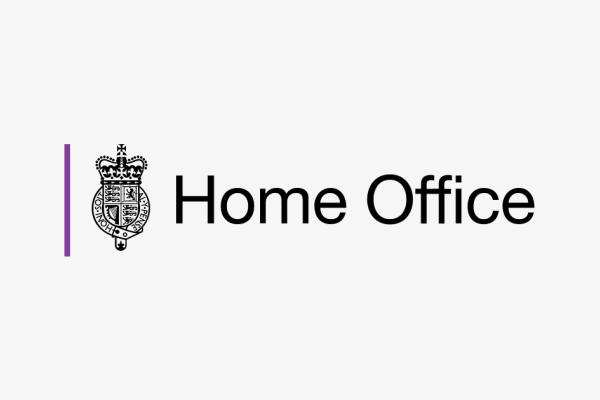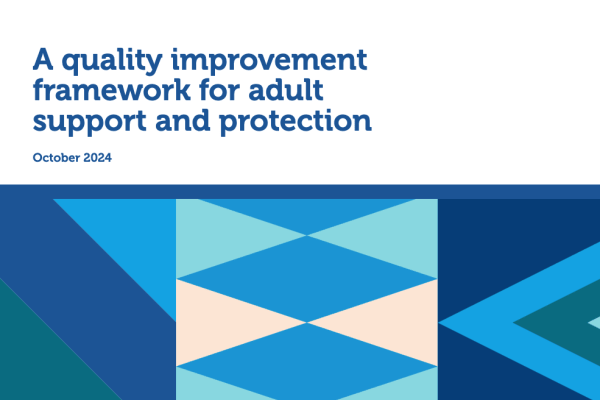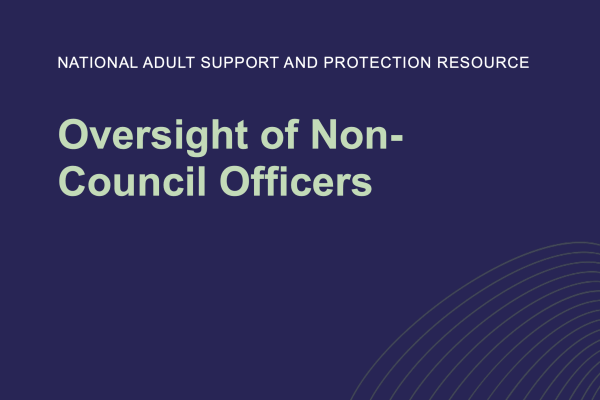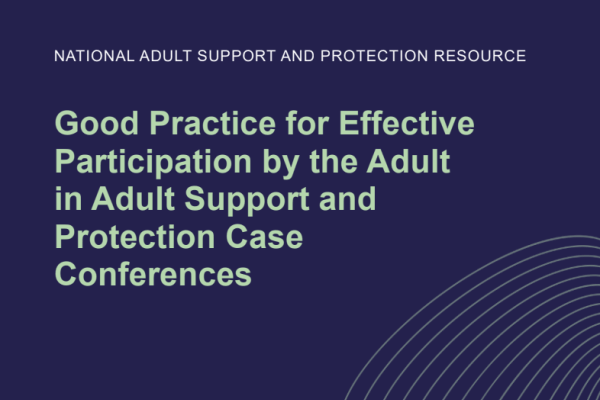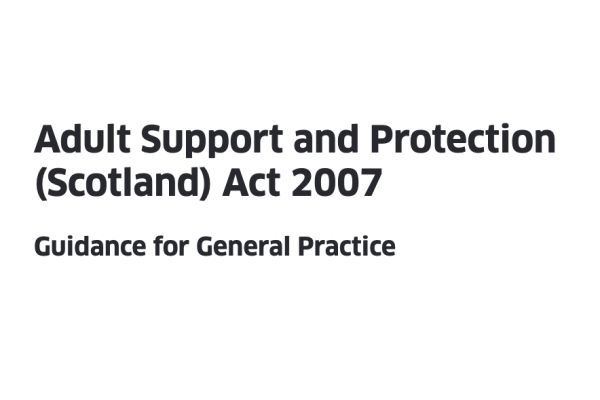National framework for Adult Support and Protection learning and development in Scotland: Seven-minute briefing
This is a seven-minute briefing of the first national multi-agency framework for Adult Support and Protection learning and development. The framework has been produced to support the delivery of Adult Support and Protection learning. Within it, core competencies are set out for each different workforce level (illustrated in this briefing). The framework is intended for all staff and volunteers who might come into contact with adults as part of their role, and applies across all organisations operating in Scotland.
